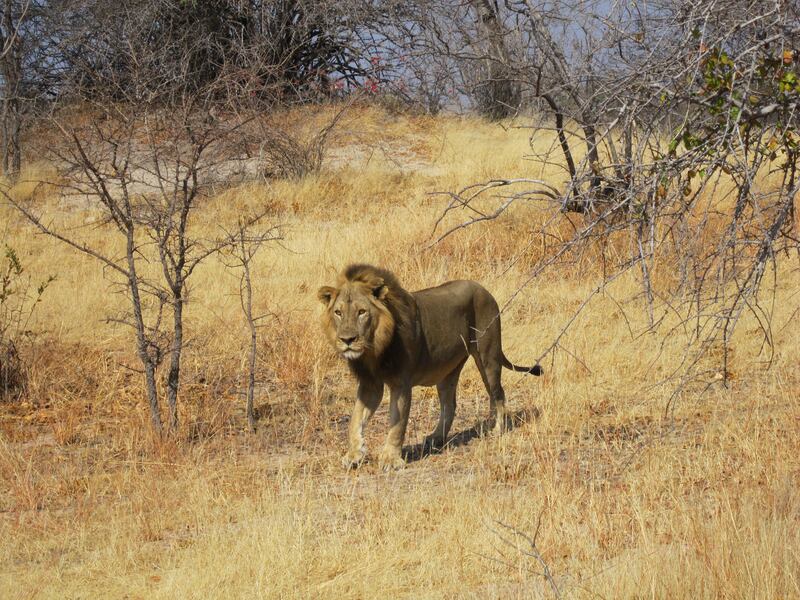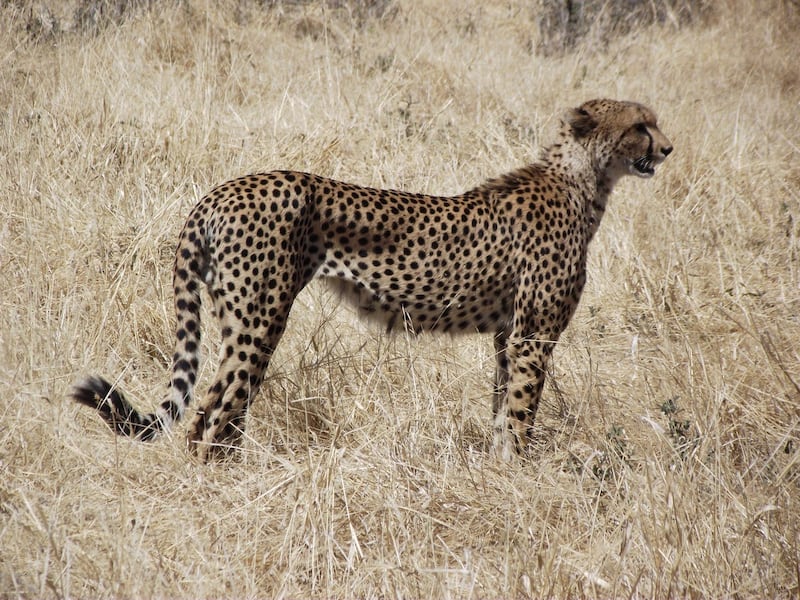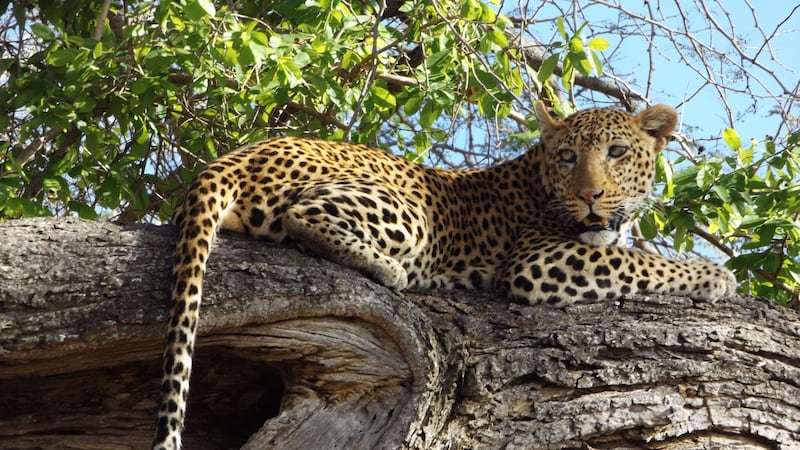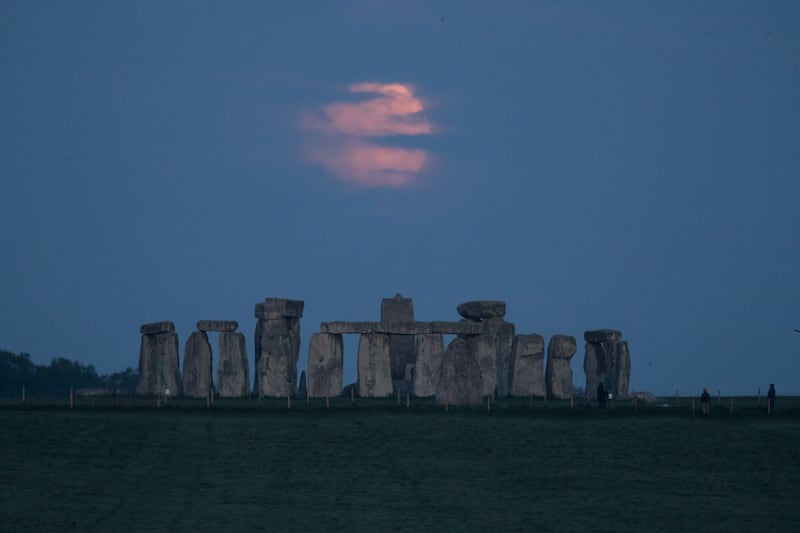Conservationists have written an open letter arguing that imposing trophy hunting bans without viable alternatives will imperil biodiversity.
Led by Dr Amy Dickman of Oxford University’s Wildlife Conservation Research Unit, researchers say there is strong scientific evidence that a ban on trophy hunting would be bad for conservation and local communities.
Published in the Science journal, the letter urges governments and policymakers to take account of this evidence in the face of high-profile emotive campaigns calling for a ban.

The letter sets out that in African trophy hunting countries, more land has been conserved under trophy hunting than under National Parks, and ending trophy hunting risks land conversion and biodiversity loss.
The scientists argue that poorly managed trophy hunting can cause local population declines, but unless better land-use alternatives exist, hunting reforms should be prioritised over bans.
They say positive population impacts of well-regulated hunting have been demonstrated for many species, including rhinos, markhor, argali, bighorn sheep, and many African ungulates.
According to the letter, trophy hunting can also provide income for marginalised and impoverished rural communities.
In a briefing paper issued in 2016, the International Union for Conservation of Nature (IUCN) said: “Legal, well-regulated trophy hunting programmes can, and do, play an important role in delivering benefits for both wildlife conservation and for the livelihoods and well-being of indigenous and local communities living with wildlife.”
Dr Dickman told the PA news agency: “The audience we want to take note of this is really policymakers.
“Thinking about when they make decisions based on conservation, ensuring that it is actually based on the evidence and not just a knee-jerk reaction based on emotions because that is often unreliable in terms of the real impact of it.”

She added: “My central point is this, we need to reduce the overall amount of wildlife killing by people, and we shouldn’t fixate on one type of wildlife killing, because the huge risk is that if you focus just on reducing trophy hunting it could actually contribute to increased poisoning, spearing and snaring.
“There are actually worse deaths in terms of welfare, and they’re indiscriminate.”
Dr Dickman, who has two decades of experience in the field, added that a ban on trophy hunting would see land conversion towards non-wildlife based use.
She explained: “So you’re going to see more agriculture, more pastoralism, more settlement and so you are going to have these other deaths.
“In my opinion, you’re likely to have much more wildlife killing, but it won’t be on social media, it won’t be a grinning hunter there, people won’t be aware of it, but that doesn’t mean it is not happening.
“It is very dangerous to view this through the lens of social media because it is such a biased one, and this is why we need to listen to the conservation scientists and we need to listen to the community representatives rather than just advocacy groups.”
Dr Dickman is one of more than 130 conservationists and community representatives to sign the letter.
She said that in an ideal world there would be no trophy hunting, and there would be non-consumptive tourism everywhere.
But until there is a viable economic alternative, it should be allowed under clear regulations as scientists prioritise the wildlife population over the individual.
Eduardo Goncalves, founder of the Campaign To Ban Trophy Hunting, said: “If trophy hunting is good for conservation, why are lions and other species popular with trophy hunters seeing such dramatic declines?
“Much of the world’s wildlife faces multiple threats.
“Trophy hunting, a leisure activity for the very rich, is needlessly adding to those problems, and in many cases is directly responsible for population declines.
“Trophy hunting is cruel and immoral, and is opposed by the vast majority of the British public.”








